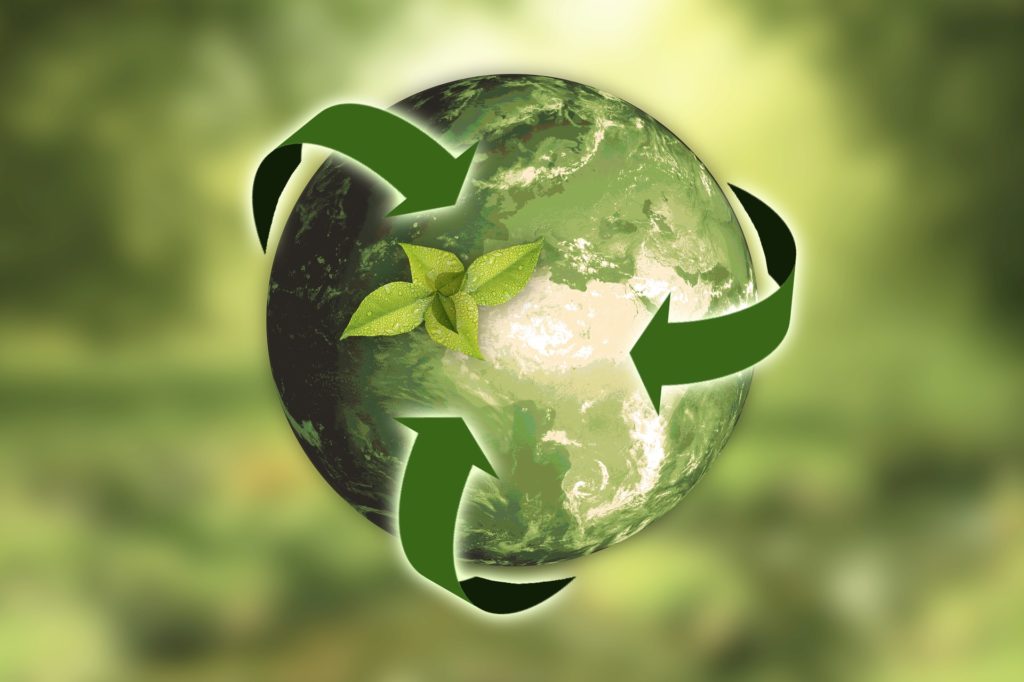Bayer has announced that all of its products will have 100 percent green packaging by 2030. The pharma giant says it will be investing €100 million towards achieving this target, which is part of the company’s sustainability program aimed at helping to protect the environment and combat climate change.
This means all of the company’s over-the-counter (OTC) drugs and supplements such as pain, allergy and cold medications as well as vitamins will have brand packaging that is 100 percent recyclable or reusable in less than ten years’ time.
The green packaging target will apply to all of the pharmaceutical giant’s consumer health products, including its most popular ones such as Aspirin, Bepanthen, Claritin and Elevit.
In a news release from the company, Bayer said the investment will enable the sustainable consumption of its health products, to “help create a world where people can live healthier lives.” This investment amounts to two percent of the division’s revenue.
Bayer’s action plan to reach its sustainability goals of becoming climate neutral by 2030 and net zero by 2050 has three arms, which consist of its goal of 100 percent green packaging by 2030, urging collective action through partnerships and encouraging sustainability across the industry as well as a “turbocharge” commitment to net zero by 2050.
Related: Pharma Rivals Step Up to Assist with COVID-19 Vaccine Production
“The climate crisis impacts every family around the world, particularly those in underserved communities and is one of the biggest global health threats of our time,” said Heiko Schipper, Member of the Board of Management, Bayer AG, and President of Bayer’s Consumer Health Division. “Through this investment and our commitment to expand access to everyday health for 100 million people in underserved communities by 2030, it’s our aim to help create a healthier world for all.”
As part of its 100 percent green packaging target, Bayer says its packaging will be made from an average of 50 percent recycled content and that all purchased paper will be sustainably sourced by 2030. All of the packaging will also include recycling information that is consumer friendly.
Bayer also outlined the progress the company has made on its sustainability targets so far. For example, shipping boxes will have 80 percent recycled material by the end of the year. In addition, the company is shifting to using certified paper from responsibly managed forests for the packaging of its medications like Aleve, Claritin, Ibergast and Redoxin.
The company also has a program for shifting from printed promotional materials to digital marketing.
In addition to green packaging, the company is also committed to reducing carbon emissions by increasing its use of renewable energy and through investments in energy efficiency projects. In a two-year period from 2019 to 2021, the company says its emissions have been reduced by 30 percent.
As part of its climate objectives and initiatives, the drugmaker has committed to sourcing 100 percent of its electricity from renewable sources such as “physical” green energy through power purchase agreements (PPAs) where possible.
Bayer is also working with others in the pharma world to help further the mission towards a sustainable future. As part of this, Bayer signed onto the Charter for Environmentally Sustainable Self-Care launched by the Global Self-Care Federation (GSCF). The charter is the “first global commitment from the consumer health industry to drive sustainable self-care,” according to a press release from GSCF.
The initiative attempts to achieve a sustainable lifecycle for self-care products, which includes reducing plastics and packaging. GCSF says the industry also continues to take measures to reduce pharmaceuticals that end up in the environment through safe disposal of unused medication involving take-back strategies.
Other drugmakers have also been stepping up their green game through environmental commitments like Bayer’s. AstraZeneca has allocated $1 billion to reach zero emissions by 2025, and Biogen has invested $250 million towards being fossil fuel-free by 2050. Like Bayer, Novartis and GlaxoSmithKline have also committed to reaching carbon neutrality by 2030.












Join or login to leave a comment
JOIN LOGIN